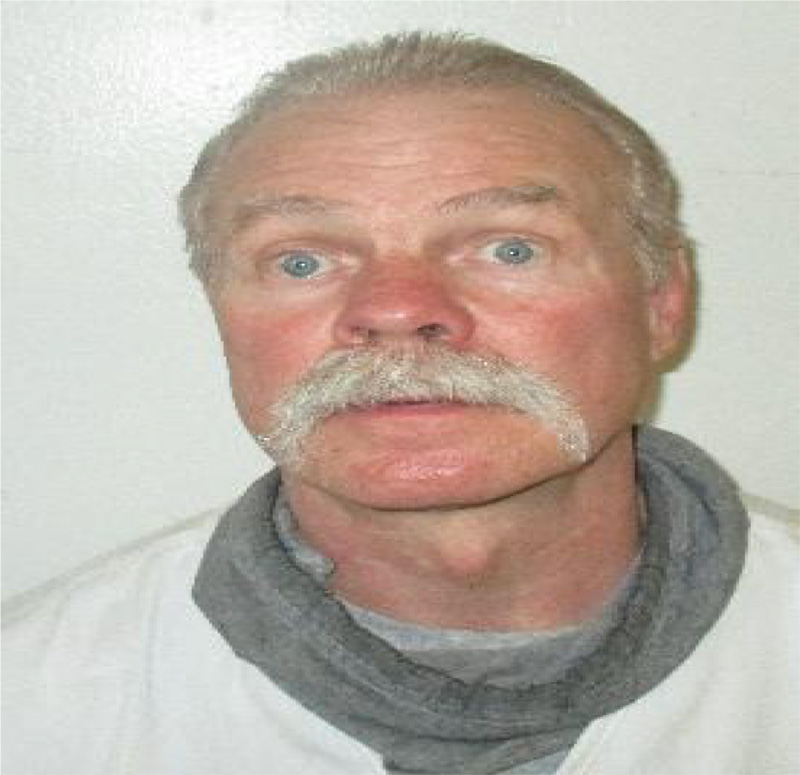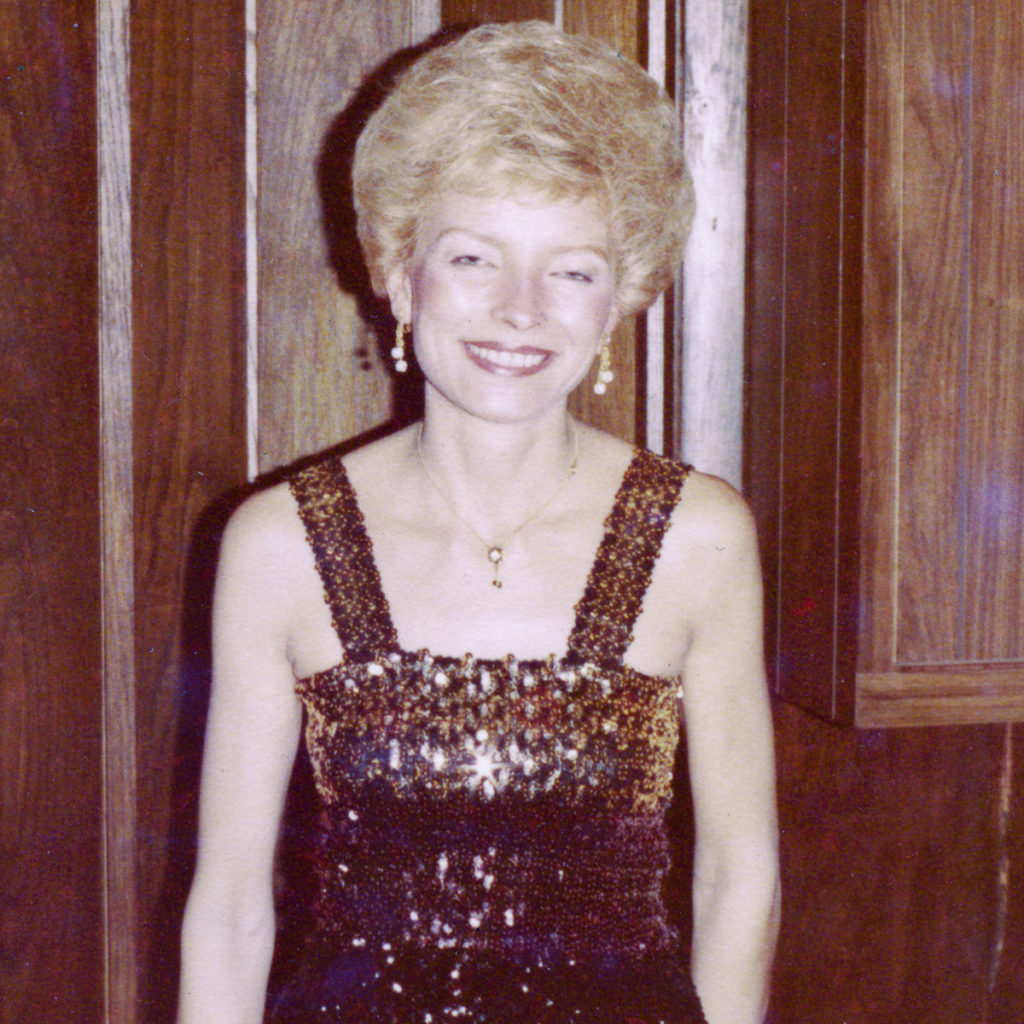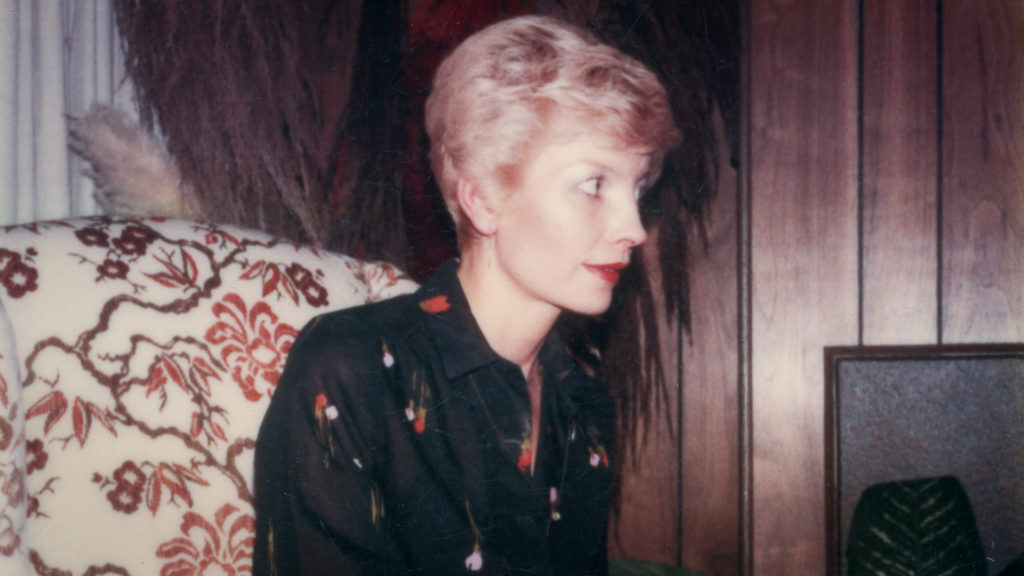Let me tell you of how I first came to hear Utah death row inmate Doug Lovell’s mouse story.
In April of 2019, as I was wrapping up production on the first season of Cold, a colleague of mine went on the airwaves of KSL NewsRadio to talk about a suicide prevention documentary she’d produced called “Hope in Your Darkest Hour.”
“Life is hard. We can’t do it alone,” Candice Madsen said in the radio interview with KSL’s Dave and Dujanovic. “We just need to reach out and support each other and validate without judgement.”
Douglas Lovell was among the people listening to Candice’s words. From his cell in Uinta 1, the Utah State Prison’s maximum-security facility, Doug took note of the message. And he decided to share his reaction with Candice in a hand-written letter.
“I thought your comments were spot-on,” Doug wrote. “Enclosed is a pamphlet which has a story about a little mouse I crossed paths with here at the prison many, many years ago.”
Doug Lovell’s mouse story
The pamphlet included with Doug’s letter was titled “Unforeseen Angel.” The front page featured an illustration of a plump gray mouse with a piece of cheese. The inside pages of the pamphlet told of his arrival at prison.
“When I first arrived, I was in very bad shape mentally, emotionally, physically, and in grave spiritual darkness,” Doug wrote. “I was separated from my family and the free world, addicted to drugs and alcohol, angry, frustrated, and in denial.

Doug went on to describe how he’d encountered a mouse and lured it to his cell with bits of food.
“This was the happiest moment on A-block,” Doug wrote. “I was happy to give the little guy anything he wanted.”
Doug wrote that his interactions with the mouse had helped him endure a difficult adjustment to prison life and his feelings of remorse for having taken an innocent life.
“That little creature that God put on this earth distracted me just long enough to help get me through the darkest, loneliest, most unstable time in my life,” Doug wrote.
Doug Lovell’s mouse story omitted the details of his crime. The pamphlet did not identify Doug by name. It also did not identify the person he’d killed, Joyce Yost, or explain how he’d kidnapped and sexually assaulted her before returning months later to kill her.

The back page of the pamphlet included information about suicide prevention resources, along with a logo for the Utah-based non-profit Rising Star Outreach.
Rising Star Outreach
Rising Star Outreach’s tax filings describe the organization’s mission as empowering “individuals and families to rise above the stigma associated with leprosy, and to live healthy and productive lives through quality education, medical care, and community development.” Suicide prevention work did not fall under that umbrella. Neither did working with death row inmates.
Doug Lovell had first become aware of Rising Star in 2007, after seeing a PBS documentary about the organization and its founder, Rebecca Douglas, called “Breaking the Curse.” He’d started contributing a small amount of money each month to her cause. They’d exchanged letters and Doug had eventually invited Rebecca to visit him at the prison.
I don’t know that Doug. I only know the Doug that I met in 2007.
Becky Douglas
That’s how Rising Star Outreach had come to champion the account of a man who’d kidnapped, raped and murdered a woman. Rebecca Douglas had not only tapped a sanitized version of Doug Lovell’s story for the Unforeseen Angel pamphlet, she’d also written about her experiences with him for Meridian Magazine.
Rebecca testified at an evidentiary hearing tied to Doug’s death penalty appeal on August 12, 2019. She said she and Doug had never discussed the details of the crime that’d resulted in his twice receiving a death sentence.
“I don’t think I need to know the details of what happened to Joyce Yost,” Rebecca said from the witness stand. “I think all this is irrelevant … because I don’t know that Doug. I only know the Doug that I met in 2007.”
Character witnesses
Doug Lovell’s 2019 letter to KSL’s Candice Madsen seemed designed to spark a similar connection. She wrote back to him later that year.
“I just basically said that I was interested in interviewing him,” Candice said. “I think it was only a paragraph long.”
Doug Lovell responded in another letter dated November 9, 2019.
“I appreciate your offer to come to the prison to interview me, but I must decline,” Doug wrote. “Whenever I am in the news, I know that it is very upsetting to the family and loved ones of Ms. Yost. Each time I am in court, I believe it is very difficult for them.”
Candice had by that point already been in contact with Joyce Yost’s daughter Kim Salazar and informed her of KSL’s intention to produce an in-depth podcast series about her mother’s murder.
“If he were trying to minimize our pain and suffering at this point, we wouldn’t still be on a 23B remand 35 years later,” Kim said during an interview for Cold. “We’re still arguing about ineffective assistance of counsel. It’s ridiculous. So he is not trying to spare us anything.”
Hear how Doug Lovell’s mouse story plays into his death penalty appeal in Cold episode 13: Last Chance
Episode credits
Research, writing and hosting: Dave Cawley
Audio production: Nina Earnest
Audio mixing: Trent Sell
Additional voices: Richie Steadman (as Doug Lovell)
Cold main score composition: Michael Bahnmiller
Cold main score mixing: Dan Blanck
KSL executive producers: Sheryl Worsley, Keira Farrimond
Workhouse Media executive producers: Paul Anderson, Nick Panella, Andrew Greenwood
Amazon Music team: Morgan Jones, Eliza Mills, Vanessa Rebbert, Shea Simpson
Episode transcript: https://thecoldpodcast.com/season-2-transcript/last-chance-full-transcript/
KSL companion story: https://ksltv.com/464974/douglas-lovell-seeks-to-reverse-second-death-sentence-in-joyce-yost-murder/
Talking Cold companion episode: https://thecoldpodcast.com/talking-cold#tc-episode-13








